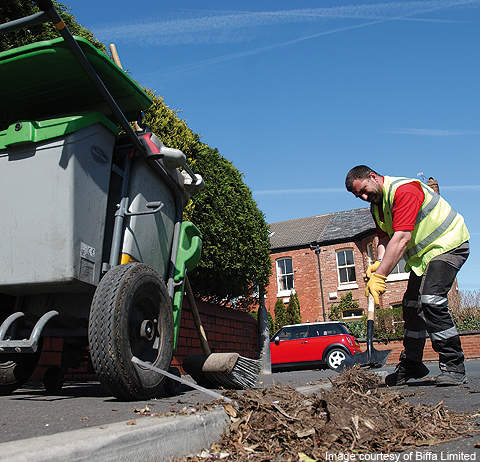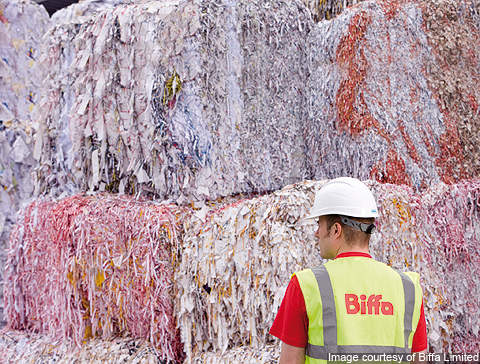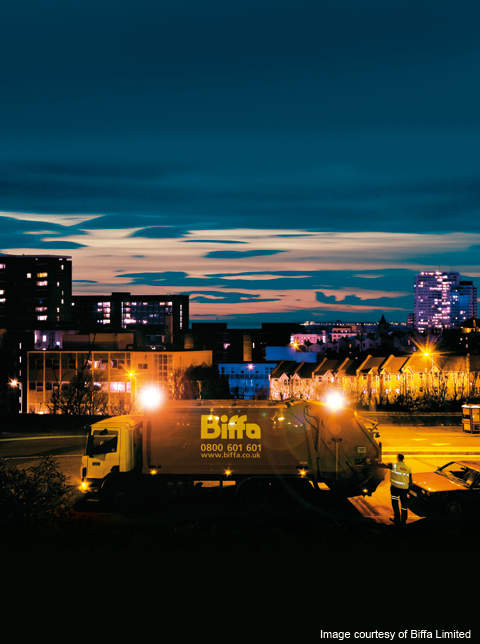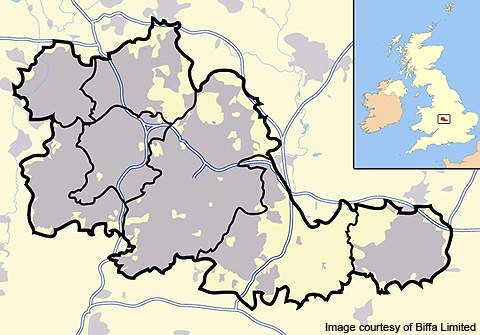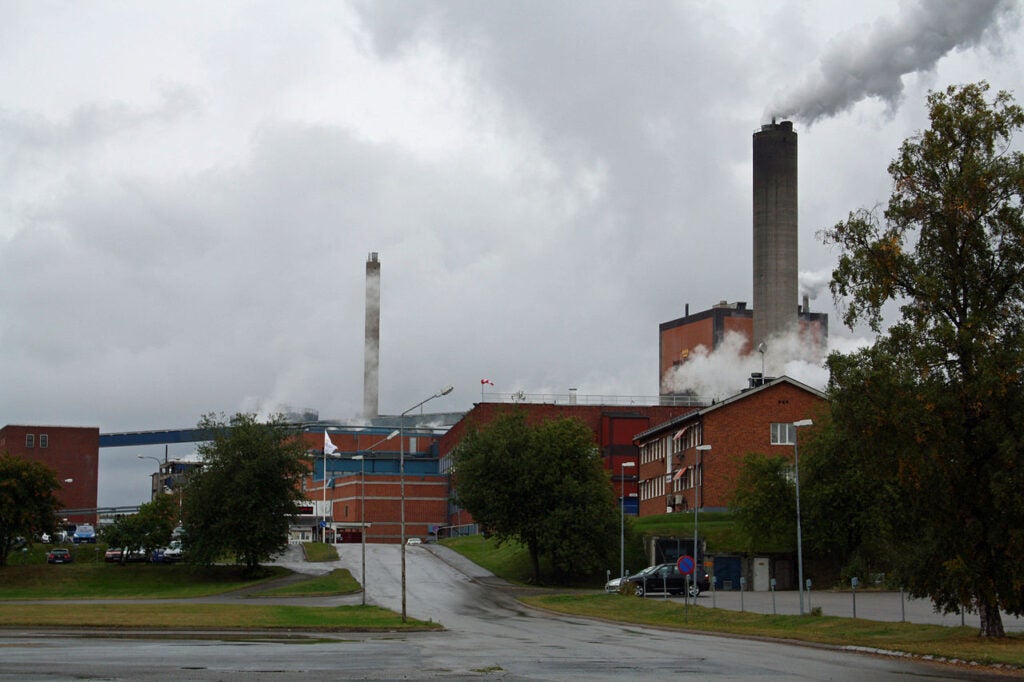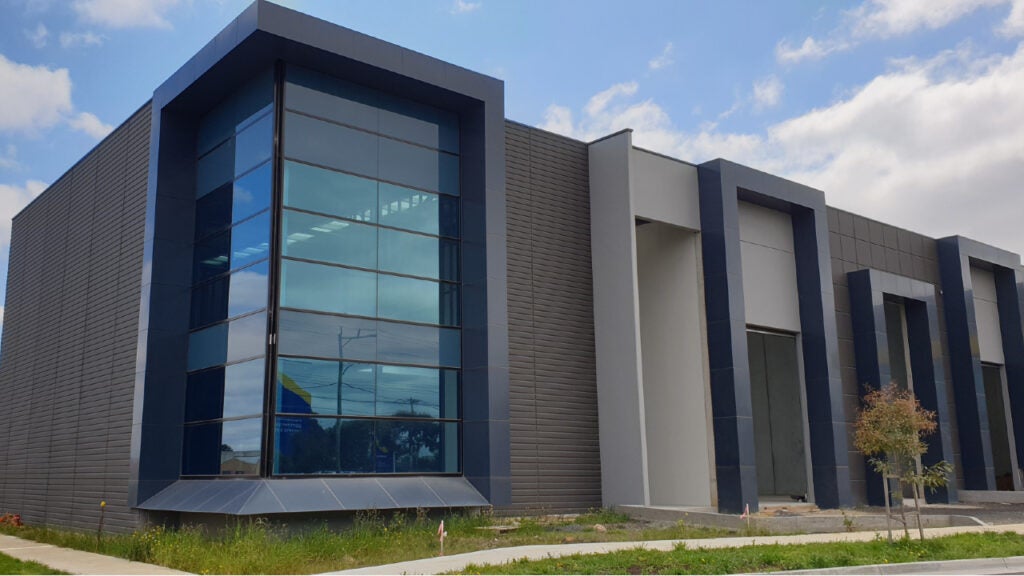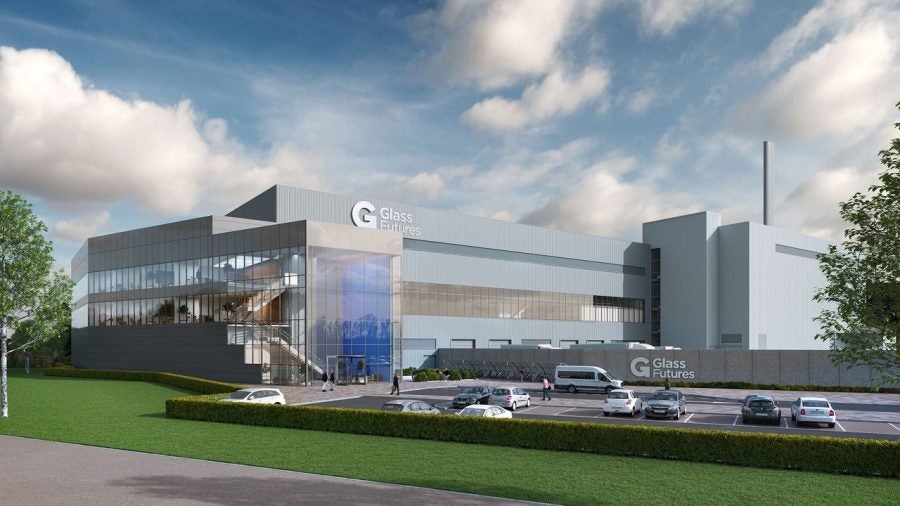Biffa, the UK-based waste management company, announced plans to build a new materials recycling facility (MRF) in Minworth, West Midlands, UK, in June 2010. The £20m super MRF facility was originally expected to become fully operational by September 2010.
However, construction of the new facility did happen as Biffa acquired Greenstar, a leading waste recycling firm in the UK, just four months after the announcement. The acquisition provided an alternative site at Aldridge in West Midlands.
Construction of the Minworth plant was a part of a £30m contract signed in September 2009 to build three advanced recycling plants in the UK. Biffa achieved this target through the acquisition of Greenstar, with the three facilities at Trafford Park, Edmonton and Aldridge.
The planned super MRF facility was supposed to be built at the Midpoint Distribution Centre in Minworth, developed in 2009 by ProLogis, a distribution facilities provider.
Biffa had also signed a lease agreement with ProLogis for the 2,37,000ft2 Building Three at ProLogis Park Midpoint. As the building already had an environmental permit and planning permission in place, Biffa was supposed to begin construction immediately. Biffa now plans to sublease this space to a German logistics operator Kuehne & Nagel.
Biffa’s Aldridge facility
The Aldridge facility was built in a former steel foundry in 2008. It is 140,500ft2 in size and is the largest MRF in Britain and one of the biggest in Europe.
The facility recycles dry mixed comingled and segregated recyclate sourced from commercial and local authorities. It handles and processes all types of waste including steel, aluminum, glass, paper, cardboard and plastics.
The Aldridge Facility can process up to 300,000t per annum of recyclate.
Biffa’s Aldridge facility process
The mixed dry waste is sent on to the conveyor belt. Each waste type is segregated using different technologies. Paper and cardboard are the first materials to be removed from the mixed dry waste. These take out and blown on to another conveyor belt by large cogs. It is further sorted into newspapers, magazines or cardboards and packaging.
The broken glass pieces are sieved and loaded on to another conveyor belt. Large magnets placed above the conveyor belt pull out the steel cans while the aluminum waste is removed by an electric charge and thrown over to another conveyor belt.
The mixed plastic waste consists of four main types such as the PET, HDPE, PVC and PP5. Each of these plastic types is detected by the scanner and is thrown over to another conveyor with an air jet.
Plastic milk bottles recovered from the process are sent to Biffa’s plastic milk bottle recycling plant where they are re-processed to make new bottles.
Waste management benefits
Waste management is one of the fastest growing markets in the UK. With an increasing number of MRFs, nearly 25% of the UK’s household waste is recycled which significantly reduces the landfills.
With Greenstar merger, Biffa has been able to capture more plastics through the Edmonton facility and serve it as feedstock for its new plastic recycling plant near Redcar, Teesside.
The new plant, known as Biffa Polymers, opened in March 2011. It is a fully integrated sorting and recycling facility for mixed plastic packaging. It can handle 20,000t per annum of mixed plastic waste and is the first of its kind in the country.
Marketing commentary
Integration with Greenstar has positioned Biffa as one of the leading waste management and energy recovery businesses in the UK. Serving more than 70,000 customers with 1,450 collection vehicles and access to 128 locations, Biffa has the largest collection network in the country.
As a contribution towards reducing landfill by more than 70%, Biffa has found innovative ways of making use of the collected food waste. It commissioned a 4MW anaerobic digestion (AD) plant at Cannock in October 2011. The AD plant uses food waste to produce renewable electricity and heat. Biffa has won a three-year contract from Sainsbury Food Chain to covert food waste into renewable energy at its AD Plant.


